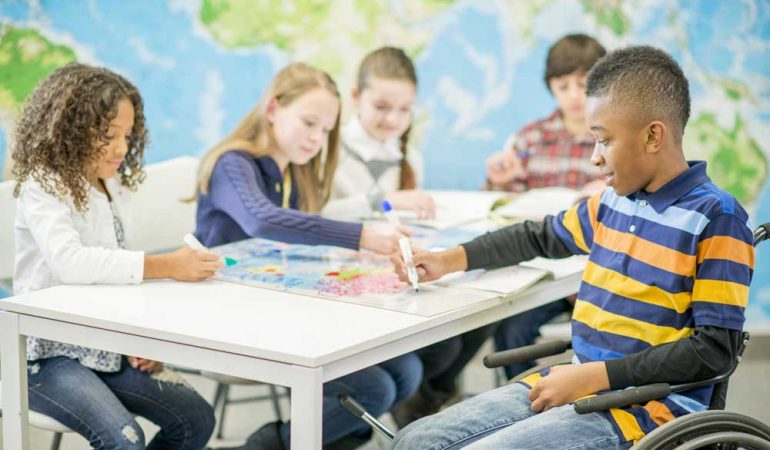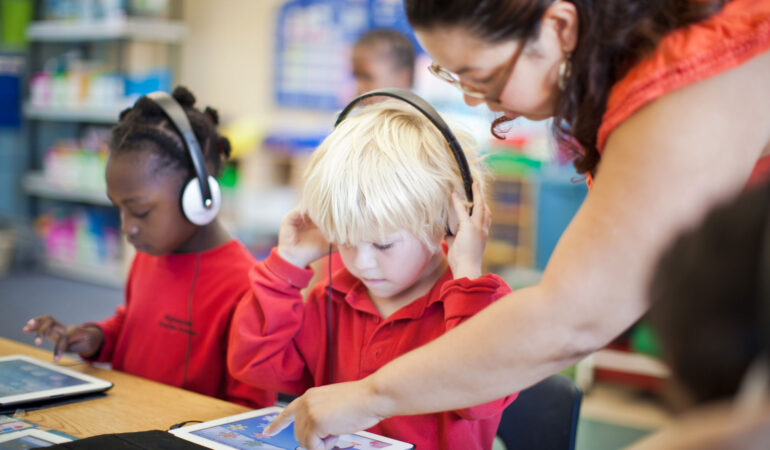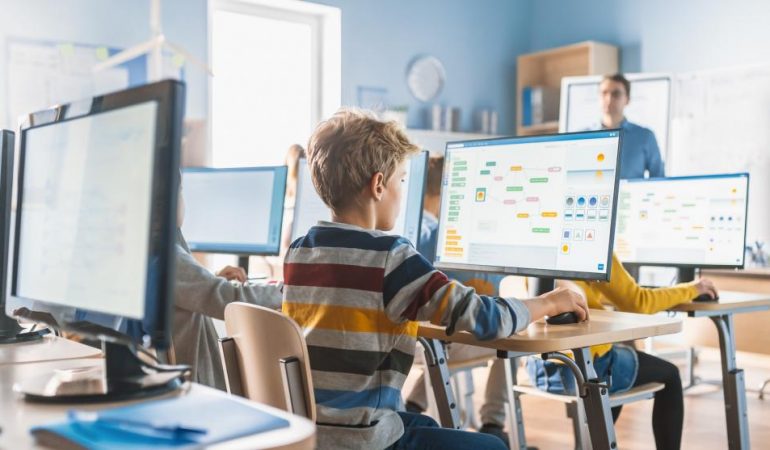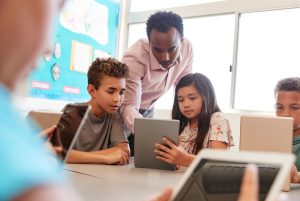Inclusive Education and Special Needs
Inclusive education is the most effective way to give all children a fair chance to go to school, learn and develop the skills they need to thrive. Inclusive education means all children in the same classes and schools. This means real learning opportunities for traditionally excluded groups, not only for children with disabilities but also for speakers of minority languages.
Inclusive systems value the unique contributions students from all backgrounds bring to the classroom and allow diverse groups to grow side-by-side for the benefit of all. In inclusive education, the participation of all individuals in the educational content at school is crucial and is one of the priorities of the Erasmus+ program. Therefore, we invite all trainers who want to increase their skills in this subject to benefit from this course.





















